Keynote Speeches
In the high-pressure and complex setting of healthcare, a new approach to teamwork is leading to healthier patients, happier staff and more efficient operations. Healthcare’s embrace of a new teamwork model has been noticed by people outside the medical world, so doctors are going outside the walls of the hospital to teach manufacturers, business owners, franchisees, customer service representatives and even those in sports and entertainment to do better by shifting the culture from “me” to “we.”
Based on his latest book and drawing on groundbreaking research and examples from around the world, Dr. Goldman shows the audience how a team approach to medicine can improve customer service and help women break the glass ceiling. It can solidify the provision of social services to troubled youth, and boost the efficiency and safety of the military and critical industrial complexes like nuclear power plants. It can even make professional sports teams perform better.
Twenty-first century healthcare uses cutting-edge technology, while record-keeping and information technology are primitive. Medical professionals often handwrite their notes and require patients to use a phone to book appointments. Can disruptive innovation modernize our healthcare system? Dr. Goldman argues that there is a need for a shake-up in healthcare computing, providing examples of apps that are both improving patient care and saving health professionals time. By having patients and healthcare providers use their mobile devices, we can reduce unnecessary wait times and optimize processes.
Key Takeaways:
• Using the hackathon approach, how even the most technophobe doctors and nurses can team up with up-and-coming software engineers to invent cutting-edge medical apps.
• How to reduce unnecessary wait times by optimizing processes through mobile devices.
• The structures needed to free up more time away from services and re-allocate it towards thinking & developing strategies for innovation.
Powerful and engaging, this presentation takes audiences away from the theatre of medicine and into the world at large, investigating why kindness is essential to our well-being. Dr. Goldman shares personal anecdotes from his quest to expand his own sense of empathy, as discussed in his recent book. Audiences will also hear some captivating and moving stories from around the planet, showing the secrets to success of the most empathic people alive.
In order to make healthcare safer for patients, it’s critical to have more whistleblowers. Some people regard Edward Snowden as a hero for exposing government wrongdoing, while others believe he is threatening national security. Surprisingly, whistleblowers are quite unusual in healthcare. Using excerpts of interviews from his radio program White Coat, Black Art, Dr. Goldman explores the need for whistleblowers in the sector and examines why there are so few of them. He cites examples of hospital whistleblowers and what happened to them when they spoke up. He points to the United Kingdom as a shining example of a country that is making healthcare safer by turning whistleblowing into a virtue. This could be a powerful model for health systems in North America.
Until recently, most Canadian hospitals seldom paid any attention to the patient point of view. Many health professionals think the opinions of patients aren’t worth getting because patients don’t know medicine. However, forward-thinking hospitals are taking patient complaints and using them to improve healthcare. And they’re involving current and former patients and their families in every aspect of hospital life: from interviewing potential new hires to changing the way the hospital delivers care. Dr. Brian Goldman explores the challenges that can be addressed with more input from patients.

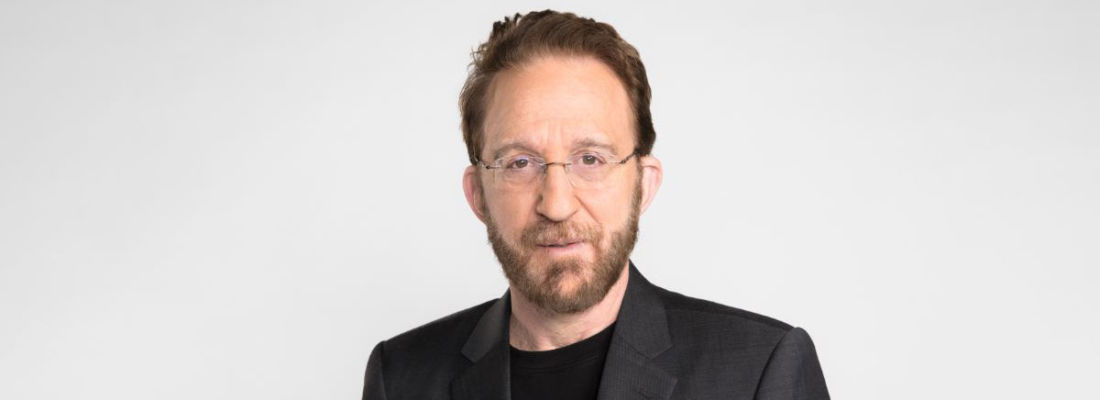
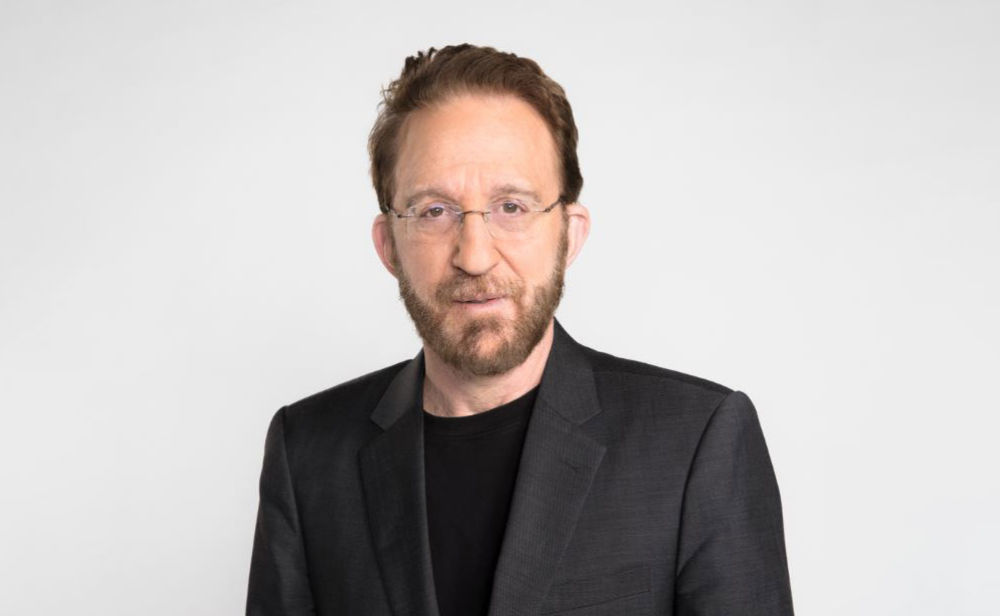
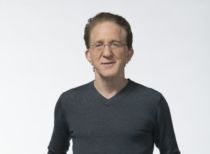
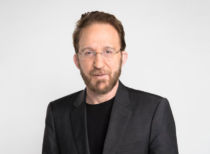
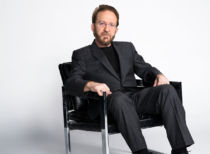









Similar Speakers 123